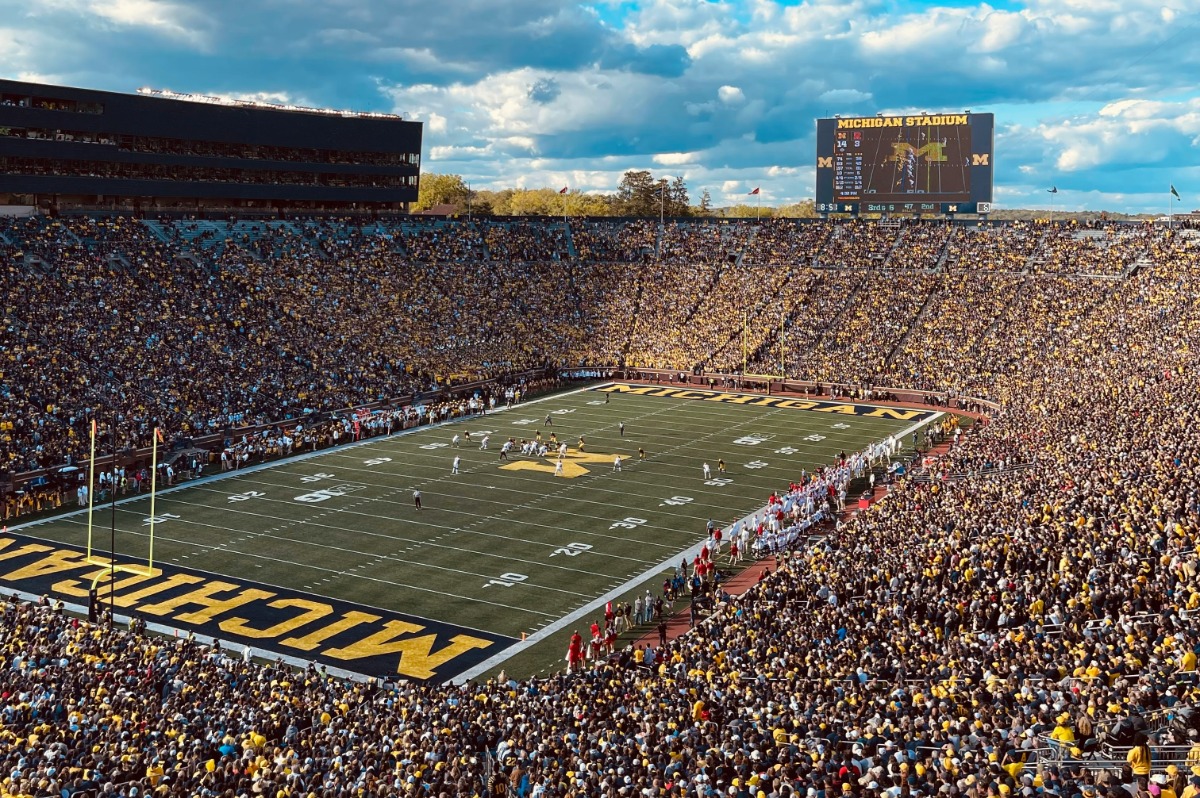Gambling
MGCB’s try at examining legal vs. illegal activity causing consternation

A new six-page, six-question attestation form issued by the Michigan Gaming Control Board in late April has left some licensed iGaming and sports betting suppliers in a lurch, unsure how to respond to the open-ended inquiry that the board itself has revealed is more about “information gathering” at this point.
The “Illegal Gaming Attestation Internet Game Content Providers” form may be well-intentioned to stamp out support for illegal actors siphoning business and taxable revenue from Michigan’s legal market. But many stakeholders are concerned. Relationships and involvement in areas where the legal vs. illegal activity of iGaming is not cut-and-dried is common. Those operating globally are especially alarmed by some unclear questions and undefined terms. They believe unintended consequences may follow from the Michigan regulators’ methods.
“The form does not define every single relevant term, such as what constitutes ‘illegal gambling,’” said gaming lawyer Susan Hensel of Hensel Grad P.C., who has served on both the Pennsylvania Gaming Control Board as the director of licensing and on the International Association of Gaming Regulators. “The language requires some interpretation, and it may make sense for companies with questions to go to the regulator and seek clarification. Normally this type of inquiry is done through the interviews of key executives as part of the overall background investigation. This is an up-front, in-your-face attestation, putting the company on record as to its answers to the questions.”
Regulator says ‘ordinary’ meaning of illegal applies
Asked by Casino Reports to clarify the term “illegal gambling,” the MGCB didn’t offer clear guidance. Public Information Officer Lisa Keith advised, “the term ‘illegal’ is not a defined term on the form; therefore, the common and ordinary meaning of this term should be applied.”
Keith said the board has issued the form to relevant parties. That includes any with “a filing date of June 1, 2024, to all game content providers licensed (or applying for a license) under [the Lawful Internet Gaming Act].”
Uncertainty about the parsing of legal vs. illegal activity has bred anxiety and confusion for some. Michigan is a particularly relevant market, as it has emerged as one of the premier and most profitable iGaming destinations in the US. Alongside New Jersey, Michigan is a jurisdiction in which various businesses have invested substantial resources they want to protect.
Read the full story here.
Casino Reports is an independently-owned
publication dedicated to covering the regulated US online
casino/igaming industry, with news, features and original reporting on industry happenings, business, legislation, regulations and more.







:max_bytes(150000):strip_icc()/roundup-writereditor-loved-deals-tout-f5de51f85de145b2b1eb99cdb7b6cb84.jpg)


